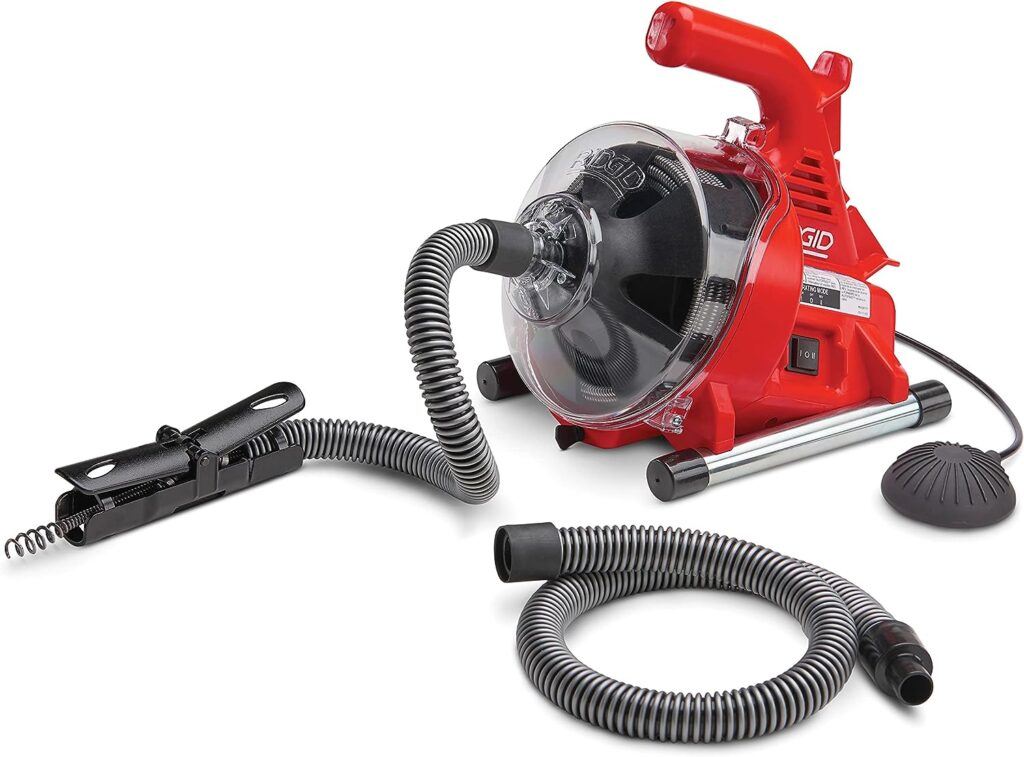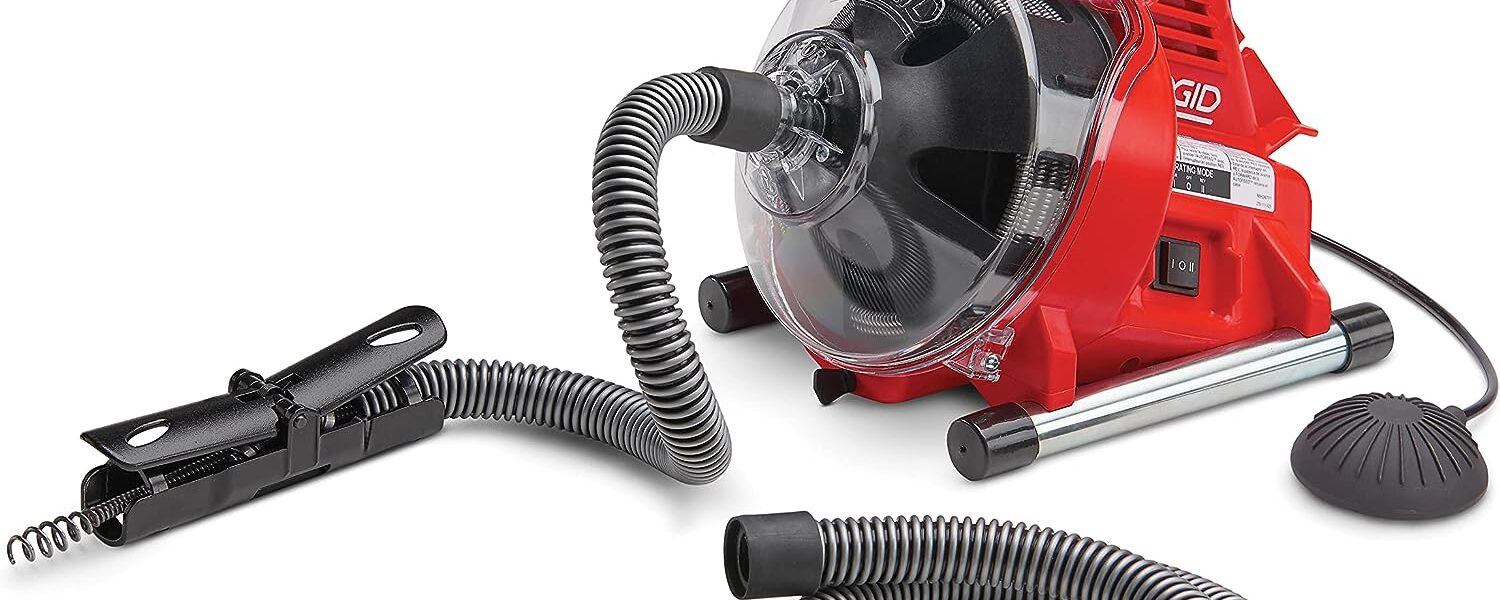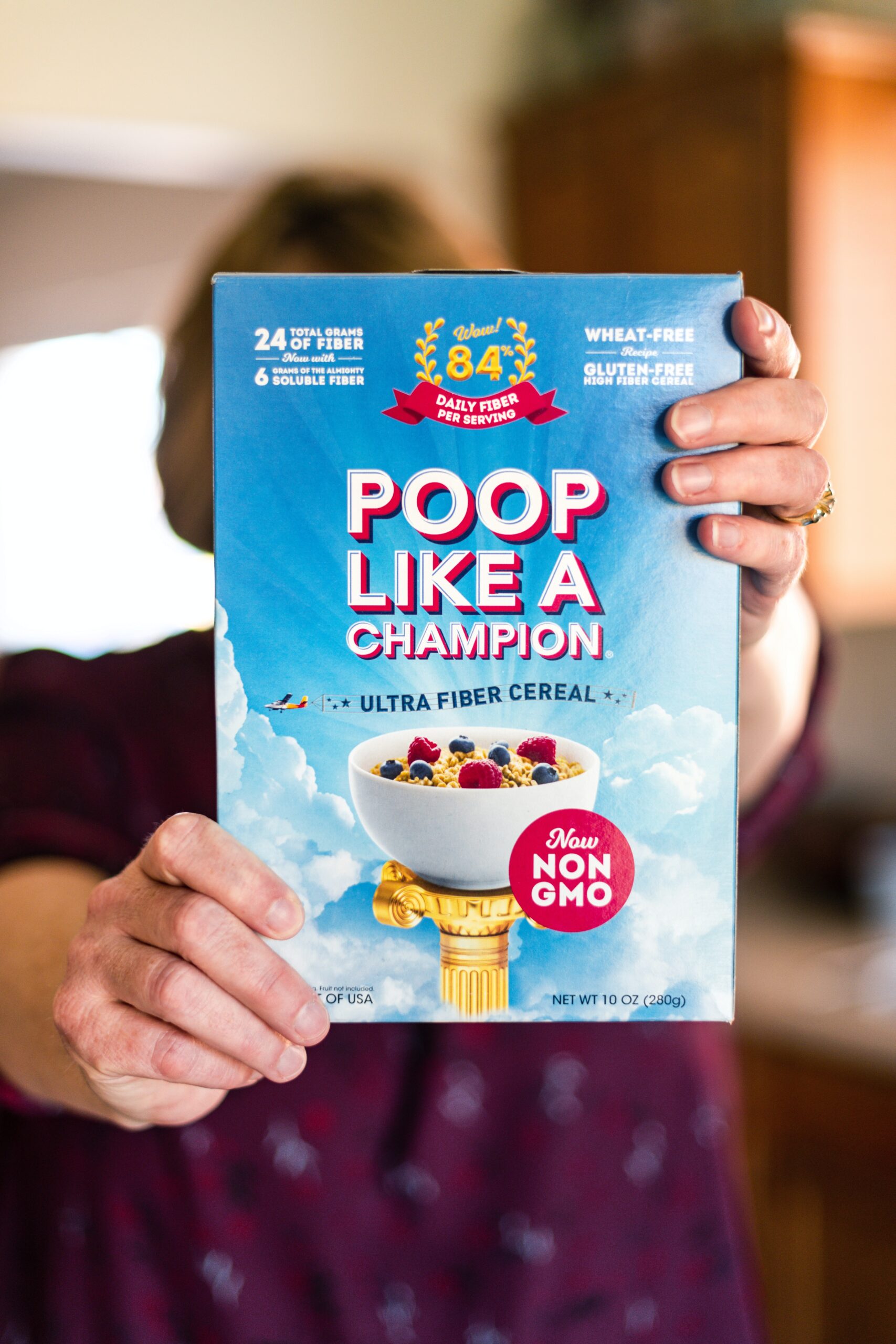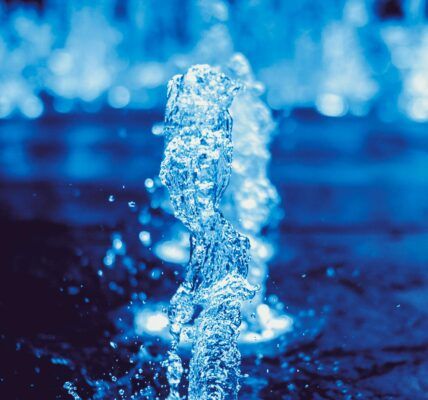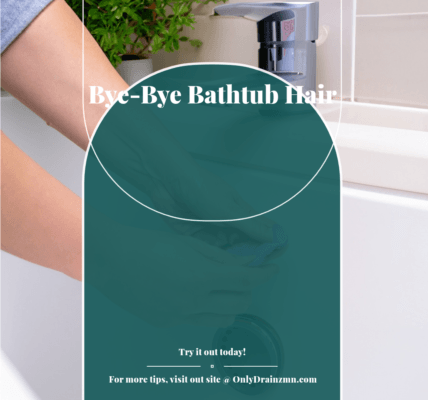Introduction to Drain Cleaning: Why It Matters
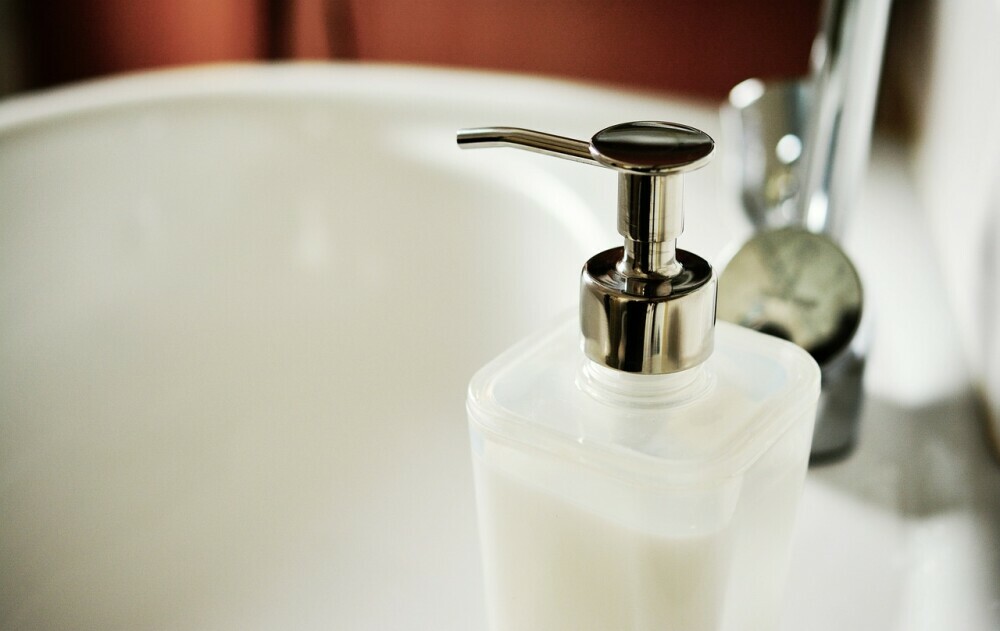
- Overview of the importance of drain cleaning
- Common issues caused by clogged drains
- Brief outline of best practices for maintaining clear drains
- Overview of the importance of drain cleaning: – Regular drain cleaning helps in the prevention of blockages, clogs, and backups in your plumbing system. Unclogging drains can improve the efficiency of your pipes, reducing the risk of water damage and costly repairs. It also helps in maintaining proper hygiene by preventing foul odors and bacteria buildup in your drains.
- Common issues caused by clogged drains: – Clogged drains can lead to a range of problems such as slow drainage, water backups, and unpleasant odors. In kitchen sinks, clogs are often caused by grease, food scraps, and oils. Bathroom drains can get clogged with hair, soap scum, and mineral buildup. These blockages can result in water pooling, pipe corrosion, and even structural damage if left untreated.
- Brief outline of best practices for maintaining clear drains:
- Regular cleaning: Implement a routine maintenance schedule for cleaning drains using natural solutions like baking soda and vinegar, or commercial drain cleaners. Preventive cleaning can help in avoiding major blockages.
- – Avoiding clog-causing substances: Be mindful of what goes down your drains. Avoid pouring grease, coffee grounds, food scraps, and hair into sinks. Use drain catchers to prevent debris from entering the plumbing system.
- – Hot water flush: Periodically flush drains with hot water to melt grease and prevent buildup. This simple step can help in keeping your drains clear and odor-free.
- – Professional inspections: Consider scheduling professional inspections and cleanings annually to detect any potential issues early on.
- Plumbers can use tools like cameras to inspect the insides of pipes and clear out any stubborn clogs effectively. By understanding the importance of drain cleaning, being aware of common issues caused by clogged drains, and following best practices for maintenance, you can ensure the longevity and efficiency of your plumbing system.
Drain Cleaning Do’s: Best Practices for Maintenance
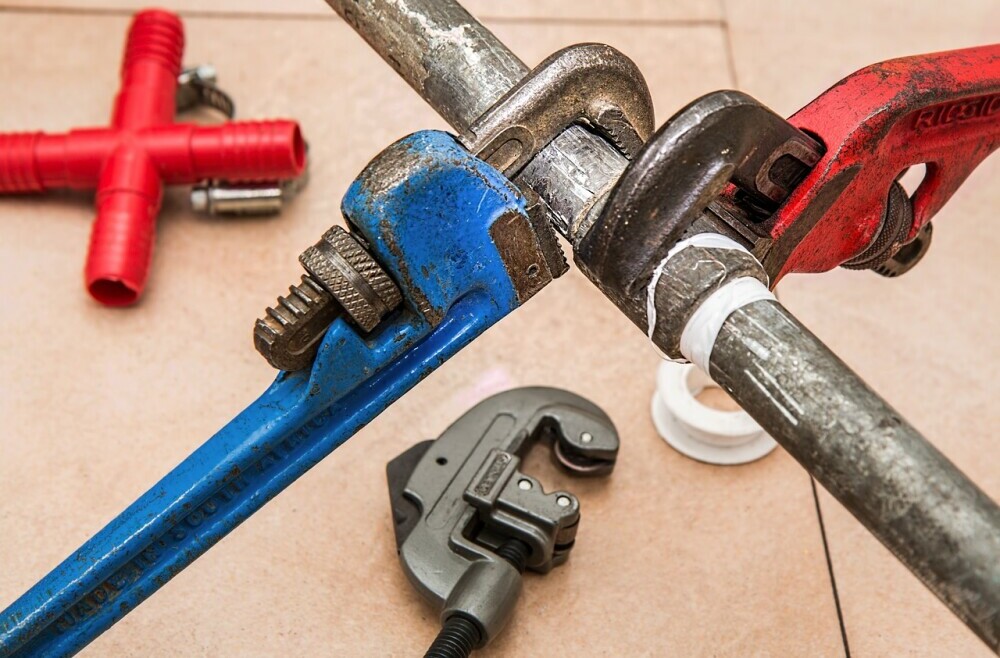
- Regular maintenance schedules to prevent clogs
- Safe chemicals and natural products to use
- The use of plungers and drain snakes
- Protecting the drainage system by preventing debris entry
- Consulting professionals for regular inspections
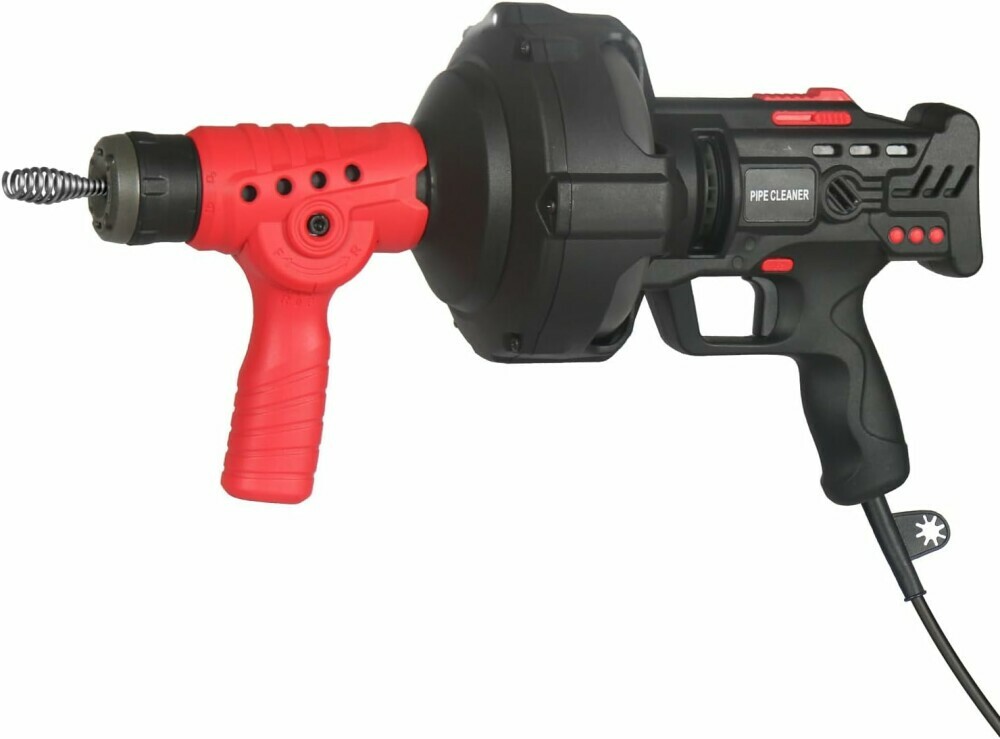
- Regular maintenance schedules to prevent clogs:
– Establishing a regular maintenance schedule for drain cleaning is crucial in preventing clogs and maintaining the efficiency of your plumbing system. Consider creating a monthly or quarterly checklist to inspect and clean drains in various areas of your home. – Regular maintenance can involve tasks such as flushing drains with hot water, using natural cleaning solutions, and checking for early signs of potential clogs or blockages.
- Safe chemicals and natural products to use: – When it comes to cleaning drains, it’s important to prioritize safety and environmental concerns. Opt for gentle, natural products like baking soda, vinegar, or lemon juice to break down organic matter and odors in drains. – If you choose to use commercial drain cleaners, select those that are labeled as safe for your specific type of plumbing and avoid harsh chemicals that can damage pipes or harm the environment.
- The use of plungers and drain snakes: – Plungers and drain snakes are essential tools for clearing minor clogs in sinks, showers, and tubs. A plunger can create suction to dislodge blockages, while a drain snake (or auger) can be used to reach deeper clogs or hair buildup in drains. – Proper technique is important when using these tools to avoid damaging the pipes. Always follow instructions carefully and exercise caution to prevent injuries or worsened clogs.
- Protecting the drainage system by preventing debris entry: – Taking proactive steps to prevent debris from entering the drainage system can significantly reduce the risk of clogs. Install drain covers or strainers in sinks, showers, and tubs to catch hair, food particles, and other debris before they can cause blockages. – Be mindful of what you pour down drains and avoid flushing items like grease, wipes, or non-flushable materials, as they can accumulate and lead to major clogs.
- Consulting professionals for regular inspections: – Regular inspections by professional plumbers can help identify potential issues early on and ensure the proper functioning of your drainage system. Consider scheduling annual or bi-annual inspections to catch any hidden problems before they escalate.
- – Plumbing experts have specialized tools and knowledge to thoroughly inspect drains, identify clogs or leaks, and provide targeted solutions to keep your plumbing system in top condition.
By incorporating these practices into your home maintenance routine, you can proactively prevent clogs, maintain clear drains, and protect your drainage system for long-term functionality and efficiency.
Drain Cleaning Don’ts: Common Mistakes to Avoid

- Avoiding chemical overuse and potential damage
- The risks of using uncertified cleaning equipment
- Consequences of neglecting regular cleaning
- Why ignoring slow drains can lead to bigger problems
- Avoiding chemical overuse and potential damage: Excessive use of harsh chemical drain cleaners can lead to damage to your pipes and plumbing fixtures over time. These chemicals may corrode or weaken the materials, resulting in leaks, bursts, or other serious issues. Chemical overuse can also harm the environment by introducing toxins into water systems. It’s important to follow usage instructions carefully and consider more eco-friendly alternatives like natural cleaning solutions to avoid potential damage.
- The risks of using uncertified cleaning equipment: Using uncertified or improper cleaning equipment, such as unapproved augers or snakes, can pose risks to your plumbing system. These tools may cause damage to pipes, fittings, or seals if used incorrectly or aggressively. Certified and appropriate cleaning equipment, handled by trained professionals, ensures that clogs are safely removed without causing further harm to the plumbing infrastructure.
- Consequences of neglecting regular cleaning: Neglecting regular drain cleaning can result in a buildup of residue, debris, and potential blockages in your pipes. Over time, this accumulation can restrict water flow, cause foul odors, and lead to more frequent clogs. Additionally, neglected drains are more prone to leaks, pipe damage, and mold growth due to excess moisture. Regular cleaning and maintenance help prevent these issues and prolong the lifespan of your plumbing system.
- Why ignoring slow drains can lead to bigger problems: Slow drains are often an early warning sign of underlying plumbing issues such as partial blockages or buildup in the pipes. Ignoring these warning signs can lead to more significant clogs, pipe damage, and water backups. Continued use of slow drains can put additional strain on your plumbing system, potentially leading to ruptured pipes, sewer line issues, or water damage to your property.
- Addressing slow drains promptly can help prevent these larger and more costly problems down the line. By being mindful of chemical usage, employing certified cleaning equipment, prioritizing regular maintenance, and addressing slow drains promptly, you can safeguard your plumbing system against damage, costly repairs, and potential health hazards. Regular attention to drain cleaning and maintenance is key to ensuring a functional and efficient plumbing system in your home.
Tools of the Trade: Understanding Your Equipment

- Comparison of basic and advanced cleaning tools
- When and how to properly use a plumber’s snake
- The role of hydro jets in professional drain cleaning
- Safety precautions when handling drain cleaning equipment
- Comparison of basic and advanced cleaning tools:
- Basic cleaning tools such as plungers, handheld drain snakes, and chemical drain cleaners are commonly used for minor clogs and surface-level blockages in household drains. They are easy to use, inexpensive, and effective for most routine cleaning tasks.
- Advanced cleaning tools include motorized drain snakes, augers, hydro jets, and camera inspection systems. These tools are designed for more stubborn clogs, deep-rooted blockages, or complex plumbing systems. They offer higher efficiency, greater power, and precision in diagnosing and resolving drain issues.
- When and how to properly use a plumber’s snake:
– A plumber’s snake, also known as a drain auger, is a flexible tool designed to dislodge and remove clogs from drains. It is best used when a plunger or chemical cleaner is ineffective in clearing a blockage.
– To properly use a plumber’s snake, insert the auger into the drain opening and rotate the handle clockwise to maneuver the snake through the pipe. Apply gentle pressure and continue feeding the snake until you encounter resistance, indicating the location of the clog. Rotate the snake to break up the obstruction and slowly retract it to remove the debris.
- The role of hydro jets in professional drain cleaning:
– Hydro jetting is a professional drain cleaning method that uses high-pressure streams of water to clean and clear clogs from drain pipes. Hydro jets can effectively remove grease, mineral buildup, tree roots, and other stubborn blockages that traditional methods may not fully eliminate.
– Hydro jets are particularly useful for deep cleaning sewer lines, removing scale and debris from pipe walls, and restoring optimal water flow in heavily clogged drains. Professional plumbers can adjust the water pressure and nozzle size to suit different types of pipes and clog severities.
- Safety precautions when handling drain cleaning equipment:
– Always wear appropriate safety gear such as gloves, eye protection, and long sleeves when handling drain cleaning equipment to protect against exposure to chemicals, debris, or sharp edges.
– Follow manufacturer instructions and guidelines for operating each tool correctly to prevent damage to pipes, injuries, or accidents. Never force a tool if it encounters excessive resistance, as this could lead to pipe damage.
– Keep children and pets away from the work area when using drain cleaning equipment, and store tools securely out of reach when not in use. Properly dispose of chemicals and waste materials in accordance with local regulations to ensure safety and environmental responsibility.
By understanding the differences between basic and advanced cleaning tools, knowing how to properly use a plumber’s snake, recognizing the benefits of hydro jets in professional drain cleaning, and following safety precautions when handling equipment, you can effectively maintain and address drain issues in a safe and efficient manner.
The Role of Professionals in Drain Cleaning
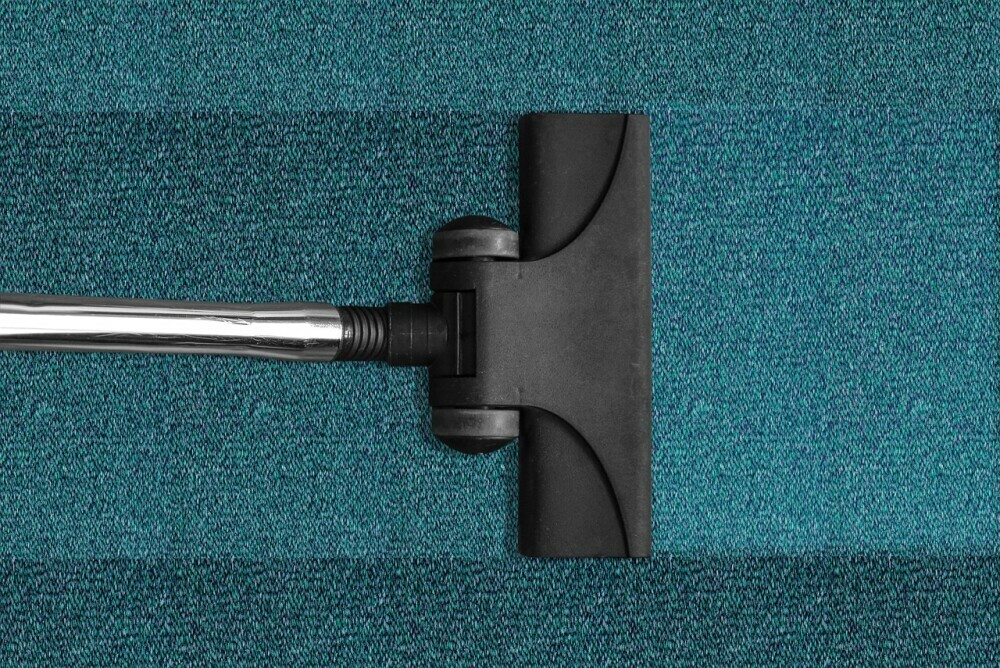
- Identifying when to call in a professional
- Benefits of professional drain cleaning services
- Common signs of drain issues that require expert attention
- Identifying when to call in a professional:
– It’s important to know when to call a professional plumber for help with drain issues. Some common signs that indicate the need for expert attention include persistent or recurring clogs, slow drains in multiple fixtures, foul odors emanating from drains, gurgling noises in pipes, and water backups or pooling around drains.
– If DIY methods like plunging, snaking, or using drain cleaners do not effectively resolve the problem, or if you suspect a larger underlying issue such as tree root intrusion, damaged sewer lines, or extensive blockages, it’s best to seek the expertise of a professional plumber.
- Benefits of professional drain cleaning services: – Professional drain cleaning services offer several advantages over DIY methods, including thorough and long-lasting results, expert diagnosis of complex plumbing issues, use of advanced equipment like hydro jets and camera inspections for accurate assessments, and tailored solutions based on the specific needs of your drainage system.
– By hiring a professional plumber, you can benefit from their knowledge and experience in identifying and resolving drain issues efficiently, minimizing the risk of further damage, ensuring optimal flow and function of your plumbing system, and receiving preventative maintenance advice to avoid future problems.
- Common signs of drain issues that require expert attention:
- Persistent clogs: If you frequently experience clogs that return shortly after clearing them, there may be a deeper issue within your pipes that requires professional assessment.
- Foul odors: Unpleasant smells coming from drains can indicate organic buildup, sewer line problems, or a malfunctioning drainage system that needs professional attention.
- Slow drainage in multiple fixtures: If multiple sinks, showers, or toilets in your home are draining slowly or backing up at the same time, it could be a sign of a blockage further down the sewer line that requires professional intervention.
- Water backups or standing water: Pools of water around drains, water backup in sinks or tubs, or unusual water levels in toilets are clear indicators of drainage problems that may need expert diagnosis and repair.
Recognizing these common signs of drain issues that require expert attention, understanding the benefits of professional drain cleaning services, and knowing when to call in a professional plumber can help you maintain a healthy and functional plumbing system in your home. Consulting a professional for timely and effective solutions can save you time, money, and potential damage in the long run.
Preventing Future Clogs: Long-Term Drain Care
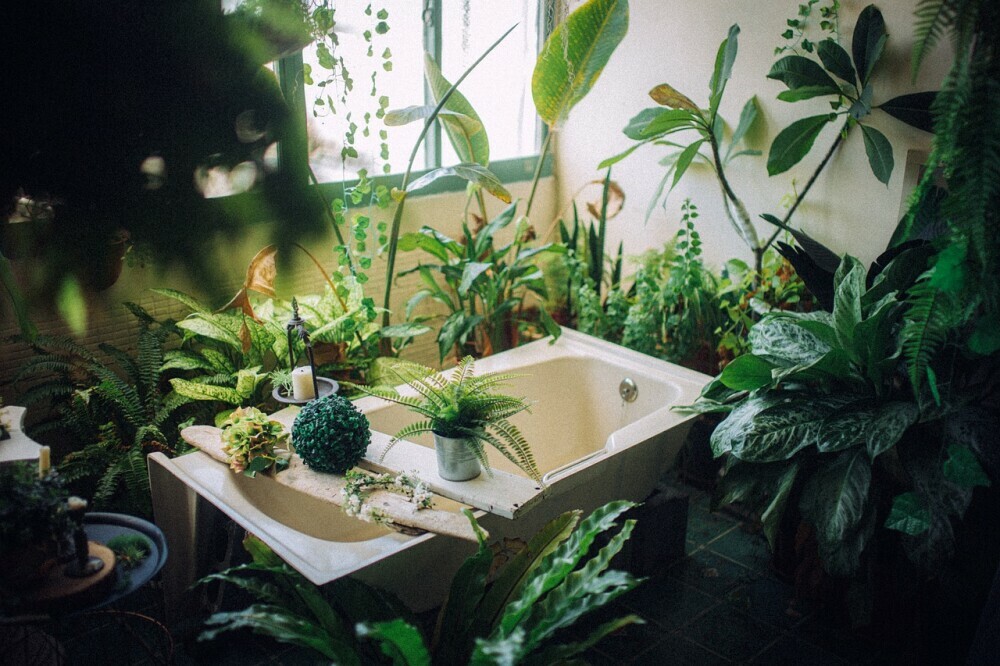
- Daily habits to maintain clear drains
- Importance of addressing clogs early
- How to implement a preventative drain care routine
- Daily habits to maintain clear drains:
- Dispose of grease and oils properly: Avoid pouring cooking oils, grease, or fats down the drain as they can solidify and cause blockages. Instead, collect them in a container and dispose of them in the trash.
- Use drain strainers: Install drain strainers or stoppers in sinks, showers, and tubs to catch hair, food particles, and debris before they can accumulate in the pipes.
- Run hot water regularly: Flush your drains with hot water after each use to help prevent grease buildup and keep them flowing smoothly.
- Avoid chemical cleaners: Limit the use of harsh chemical drain cleaners, as they can damage pipes and harm the environment. Opt for natural alternatives or contact a professional if you encounter persistent clogs.
- Importance of addressing clogs early:
– Addressing clogs early is crucial to prevent them from escalating into more severe plumbing issues. Ignoring minor clogs can lead to slow drainage, foul odors, water backups, and potential damage to pipes over time.
– Early intervention can help avoid costly repairs, water damage, or sewer line blockages that may require extensive cleanup and restoration. By addressing clogs promptly, you can maintain the efficiency and longevity of your plumbing system.
- How to implement a preventative drain care routine:
- Regular cleaning: Schedule regular maintenance by flushing drains with a mixture of hot water and vinegar or baking soda to help dislodge buildup and prevent clogs.
- Professional inspections: Consider hiring a professional plumber for annual inspections and preventive maintenance to identify potential issues before they become major problems.
- Tree root prevention: If you have trees near your sewer lines, consider root barriers or regular inspections to prevent tree roots from infiltrating and blocking your pipes.
- Educate household members: Teach your family members about proper drain care practices and encourage them to follow good habits to prevent clogs and maintain clear drains.
By incorporating daily habits to maintain clear drains, understanding the importance of addressing clogs early, and implementing a preventative drain care routine, you can proactively protect your plumbing system, reduce the risk of blockages and backups, and ensure the smooth operation of your drains for years to come. Consistent maintenance and early detection of issues are key to avoiding costly repairs and maintaining a healthy plumbing system in your home.
